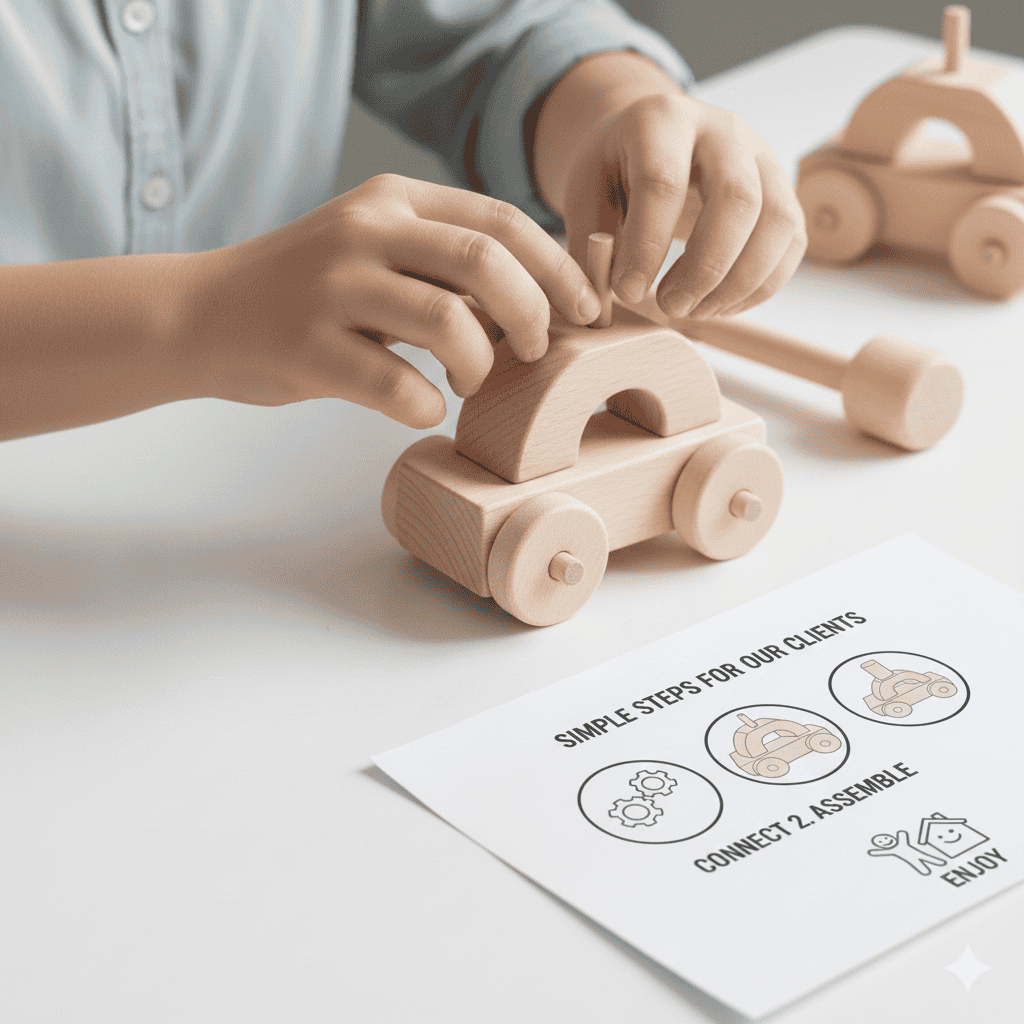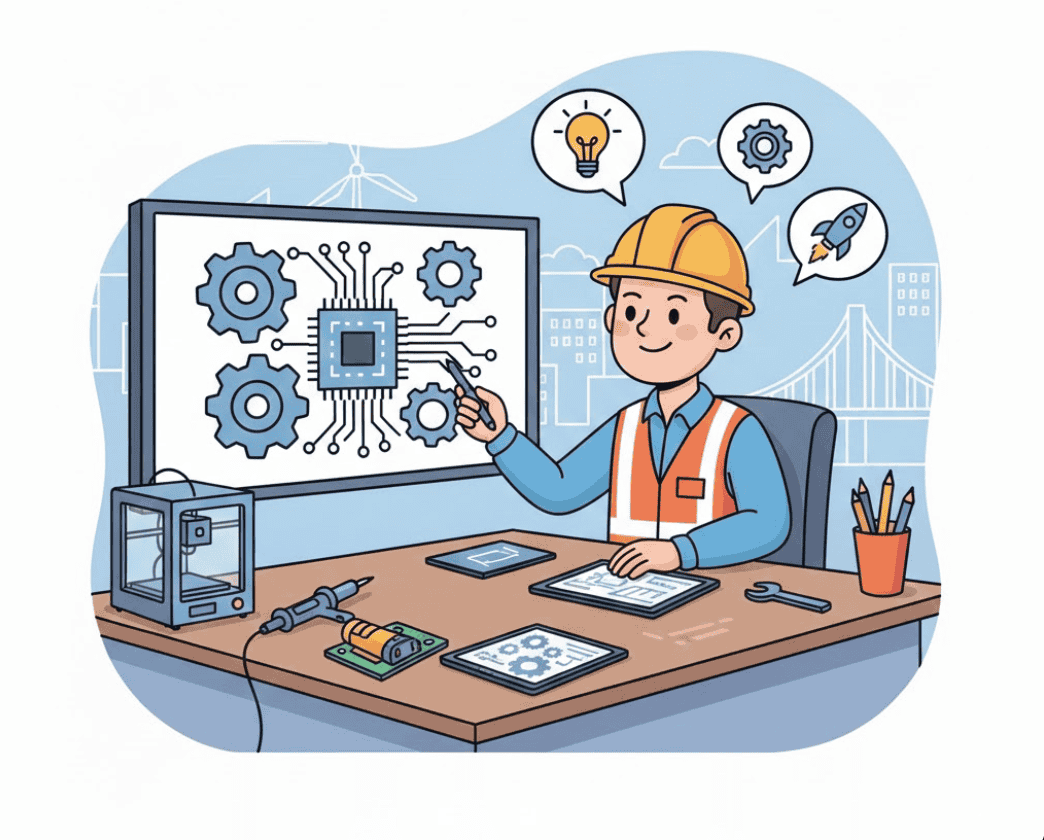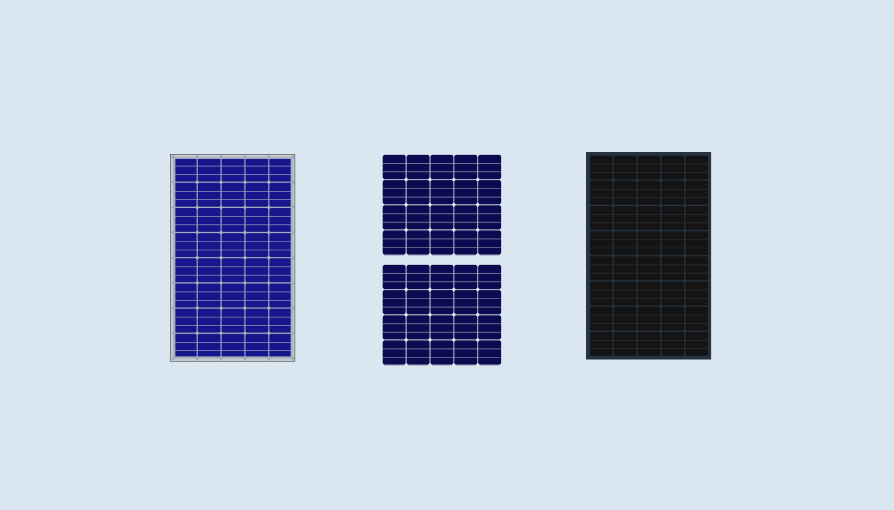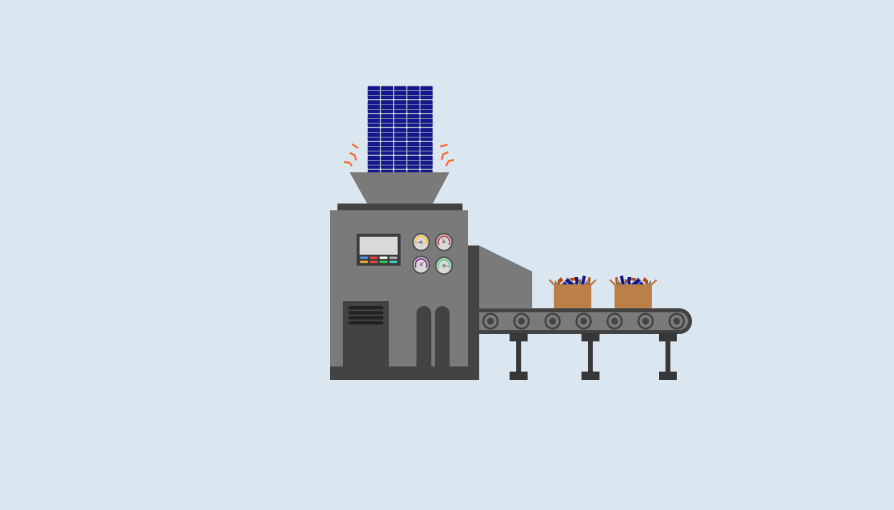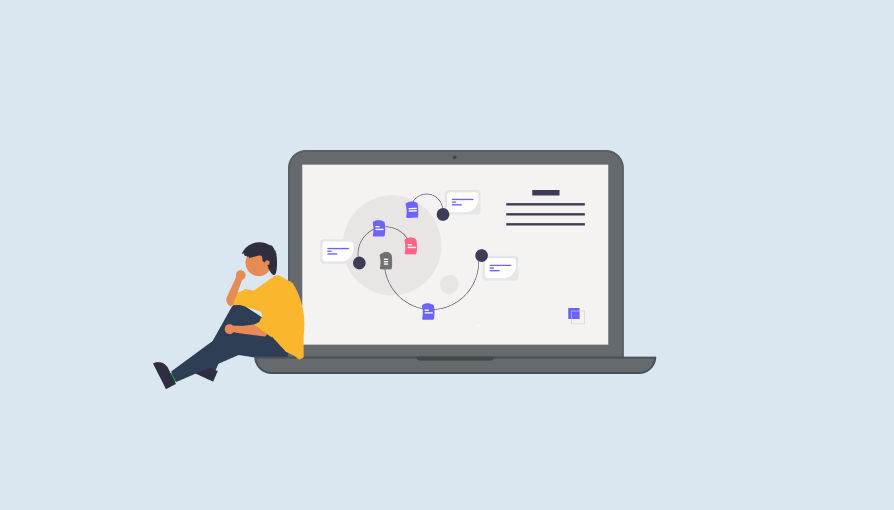
What Software Do EV Charger Installers Need?
A practical guide to the software options for EV charger installation businesses. Covers the difference between charger management and installer management, compares tools from spreadsheets to purpose-built platforms, and explains what to look for as you scale.
Jamie Duncan
February 14, 2026








